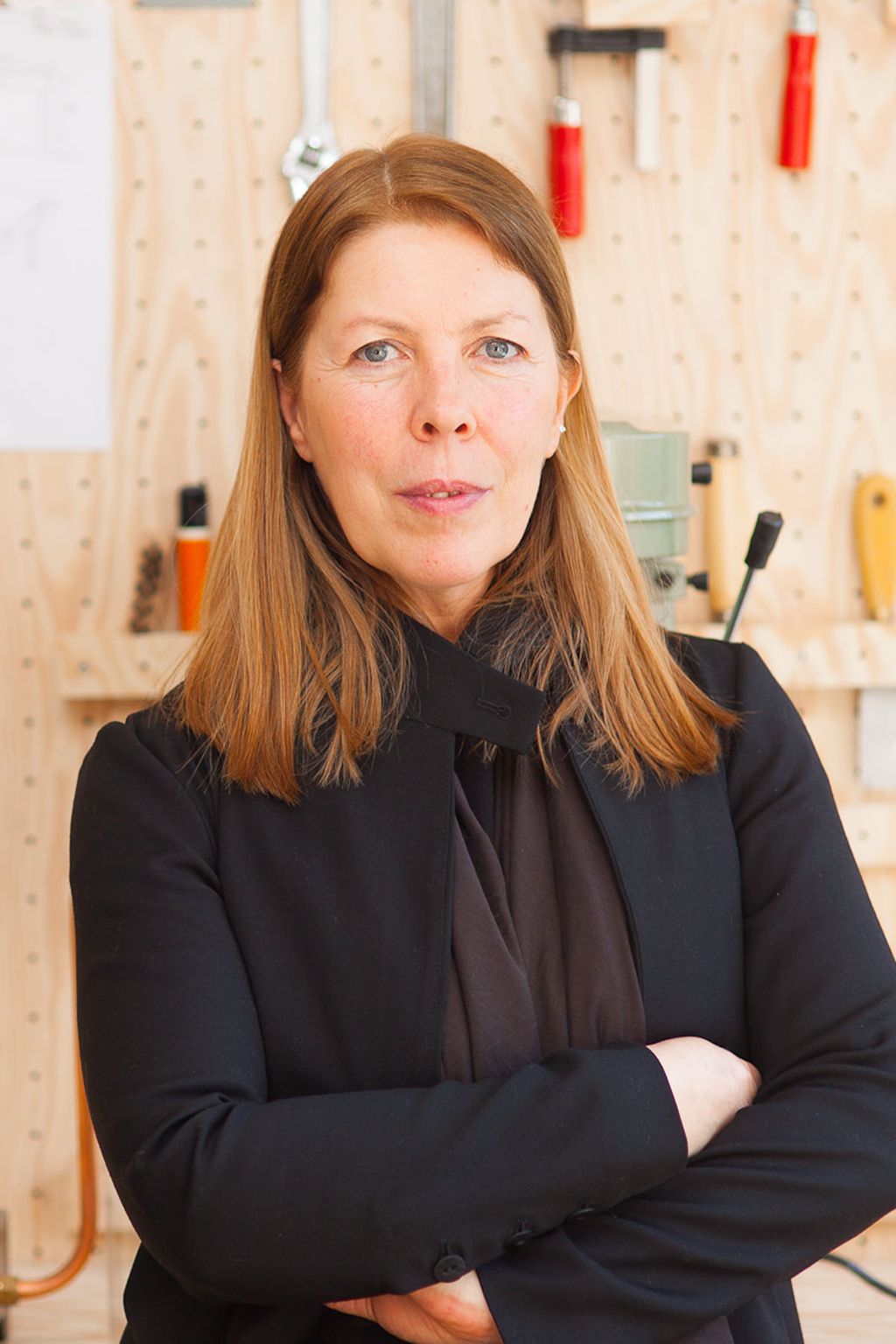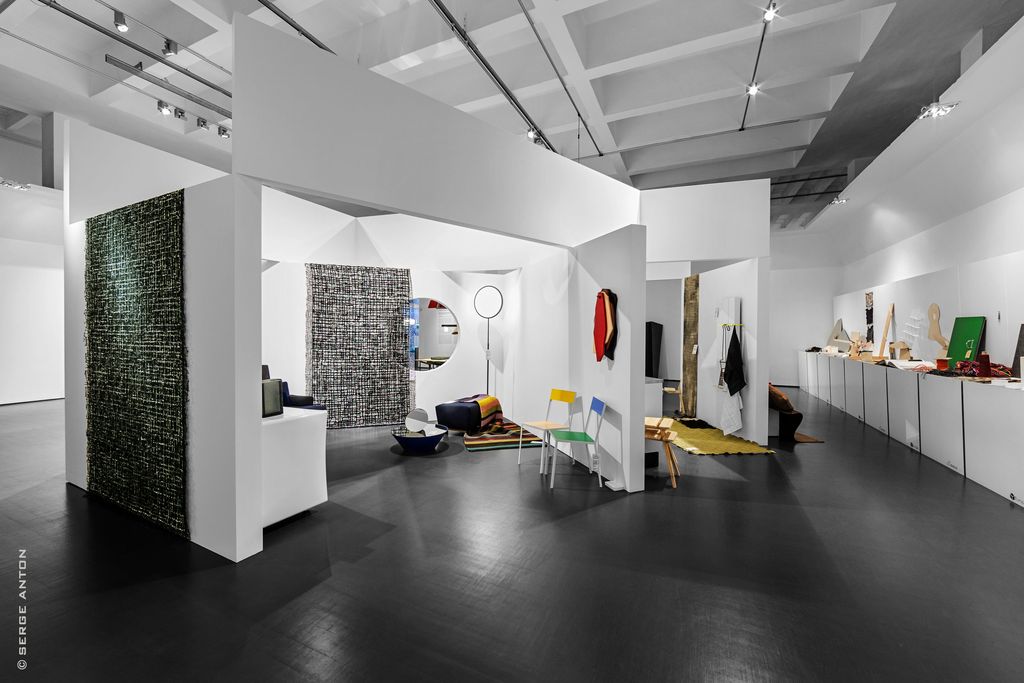
Born in Milan, this curator, consultant and organiser of exhibitions, who is involved with design and plastic arts, has lived in Brussels for more than twenty years. A regular collaborator with WBDM, she takes an enlightened look at a sector that is looking inwards.
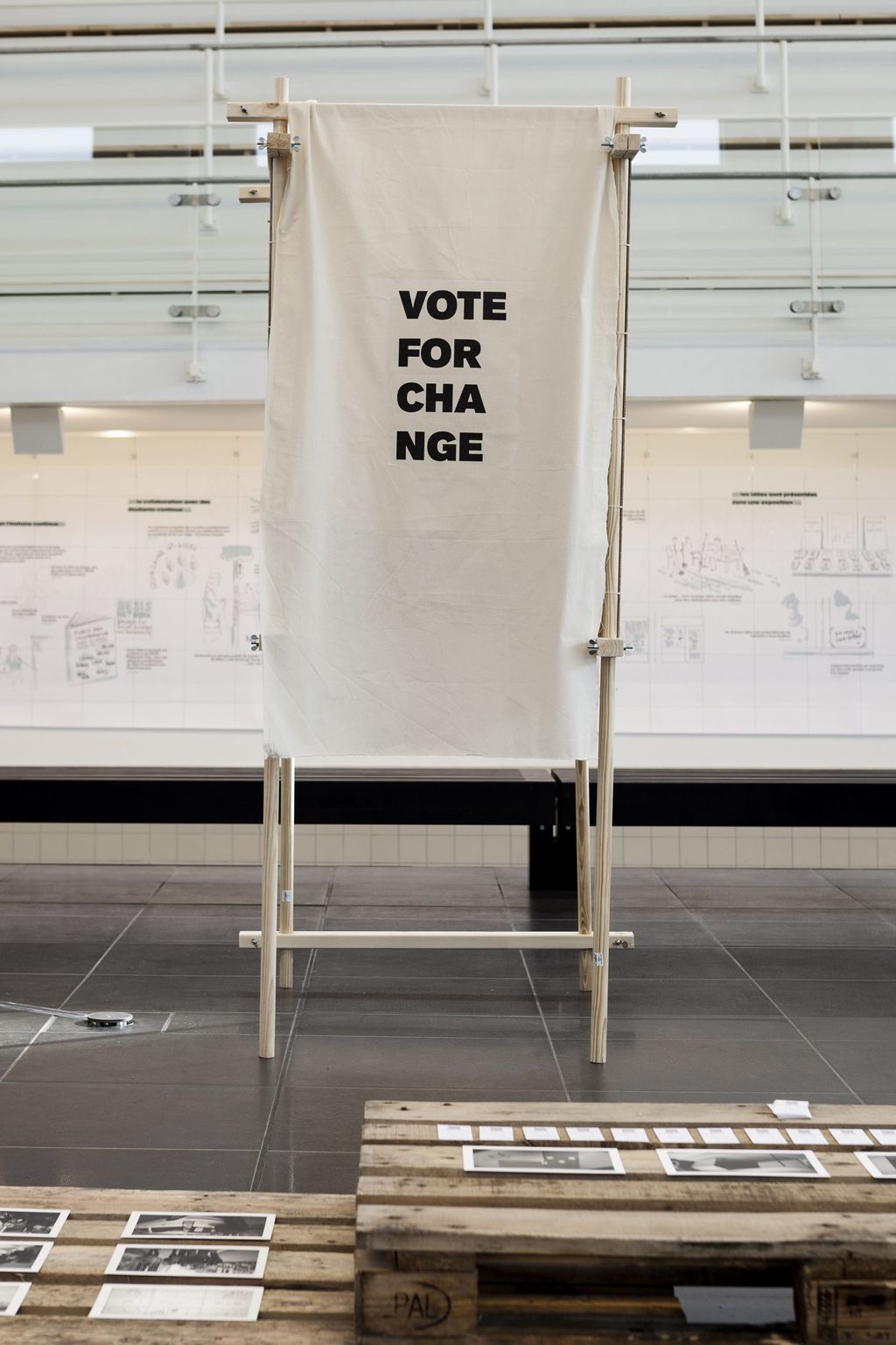
You say that design must bear witness to our times. That is truer than ever today.
The crisis we find ourselves in is forcing us to look at the role of the designer in a more humble way. Instead of assigning the mission of “saving the world” to the designer, we must reflect in a way that can create fertile ground and encourage an open discussion.
In light of the crisis in which we find ourselves, you are arguing for disindividualisation in our approach to social media. Can you explain?
During the first lockdown, I pointed to individualisation in our approach to social media in the idea of, “I can”. On the contrary, I think that it is crucial to rely on the force of the collective to facilitate constructive exchanges. The idea is to contribute to a discussion between players from various sectors, in order to prepare for what comes next. In the dramatic situation that we are experiencing, a little silence is very beneficial.
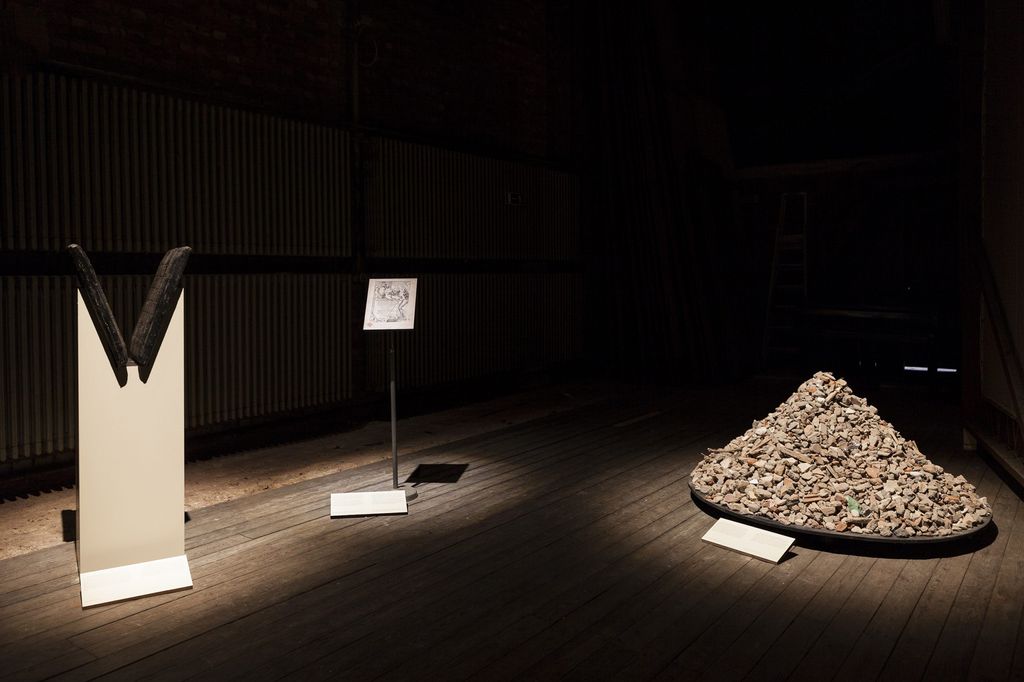
You also talk about the importance of designers thinking about self-managing the crisis.
Now is the time to focus our efforts on the concepts of the circular economy and social design. Before the crisis, issues concerning assistance for elderly individuals were discussed, but nothing more. Whether it is a health crisis or a climate crisis, the dynamic must be the same: highlight specific problems and then create concrete, innovative solutions.
This is where citizen participation in the design process comes into plays, which is another of your mottos.
Indeed, we must move away from the culture of glorifying the designer. Rather than fighting a war over plastic, as we have been doing for many years, I think it is more important to move towards a de-consumption phase, by encouraging a circular way of thinking that relates to all of us as individuals.
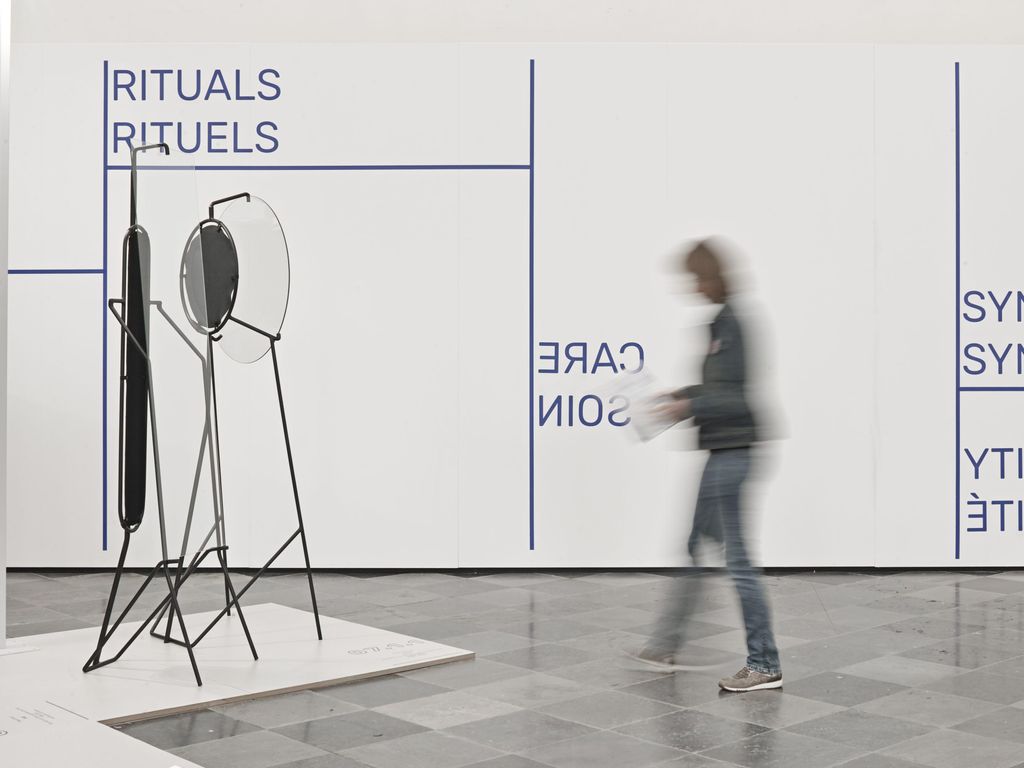
This interconnected design that you talk about eliminates the need to create new items.
When we want to shake things up, we have to reshape the entire sector. Moving away from the idealised notion of a design that creates the home of a consumer’s dreams takes time. Similarly, we cannot abandon fairs and exhibitions, which are an essential part of our economy, overnight, even if they are no longer seen as legitimate.
Does industry also play a role in this transformation process?
For a long time, young designers have been encouraged to produce more prototypes. However, we know that many of these projects are still in the pipeline ten years after they have been designed. Producing new consumer goods cannot elevate our way of thinking. The good news is that the industrial world is asking the same questions. Is this a sincere willingness or just a marketing bluff? Even if we make a real effort when it comes to re-use, big industry will always make the difference. The “small gestures for the planet” that we were talking about twenty years ago changed our awareness, but, today, we are missing clear stances from both industry and political authorities.
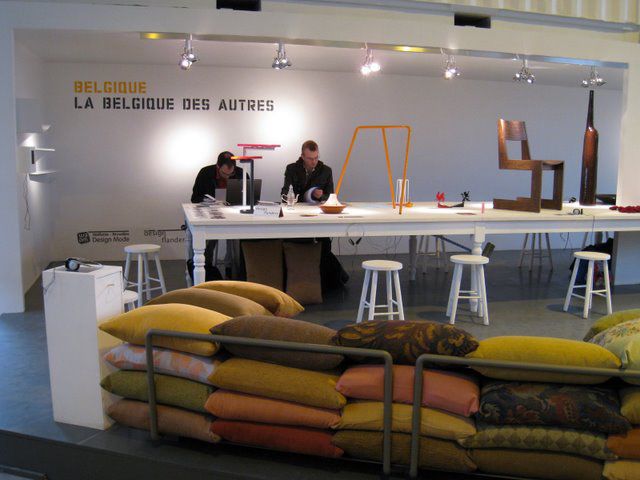
And where are we in Belgium?
Belgian designers are known for being open. Organisations that support creativity, such as WBDM, facilitate this openness with their international reach. It is interesting to see how such a small country was smart enough to encourage the emergence of Belgian creativity as early as 2006, through institutions like WBDM and initiatives like Belgium is Design. It is even more noteworthy because countries like Italy, which is considered to be a hub for design, have not created these kinds of structures.
How do we reconcile environmental considerations with the promotion of Belgian design overseas?
What makes Belgium so strong is its talent pool, as we were regularly reminded by Philippe Suinen, the former director of Awex. We must export them, their strategies and their visions. Our strength lies in our diversity. Today, in order to offer alternatives, we must encourage exchanges between designers, the industry, schools and universities.
